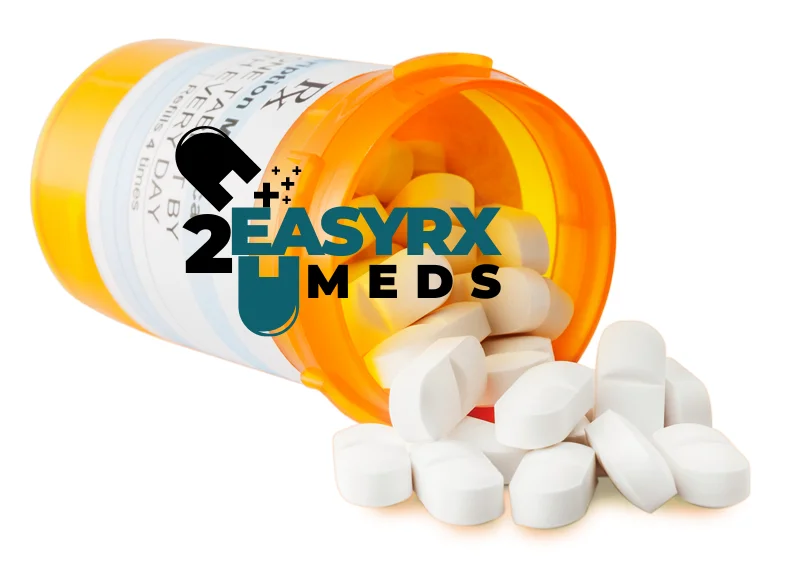There is no item in your cart
Description
Armodafinil vs modafinil is a medication used to promote wakefulness. It is a longer-lasting version of modafinil, and both are considered wakefulness-promoting agents. Armodafinil is commonly prescribed to treat conditions like:
- Narcolepsy: A condition that causes excessive daytime sleepiness and sudden sleep attacks.
- Obstructive Sleep Apnea (OSA): It is sometimes prescribed when residual daytime sleepiness persists, even with proper treatment of sleep apnea.
- Shift Work Sleep Disorder (SWSD): For people who work non-traditional hours and struggle with staying awake during their shifts or experience excessive sleepiness.
How It Works
Armodafinil vs modafinil exact mechanism of action is not fully understood, but it is thought to affect certain neurotransmitters in the brain (like dopamine) to promote wakefulness and alertness without being a typical stimulant like amphetamines. It has a longer half-life than modafinil, which means it stays active in the body for a longer period, potentially offering more sustained alertness throughout the day.
Differences Between Armodafinil and Modafinil
- Chemical structure: Armodafinil vs modafinil is the R-enantiomer of modafinil, meaning it is a purer version with a longer duration of action.
- Effectiveness: It is generally considered more potent on a milligram-for-milligram basis than modafinil, so lower doses may be required.
- Duration: Armodafinil vs modafinil lasts longer in the body, so it might be more suitable for people needing extended periods of wakefulness.
Common Side Effects
- Headache
- Nausea
- Dizziness
- Dry mouth
- Insomnia
Serious but Rare Side Effects
- Serious skin rashes (like Stevens-Johnson syndrome)
- Allergic reactions
- Psychiatric symptoms (such as anxiety or hallucinations)
Usage Considerations
- Dependence: Though armodafinil is generally considered less addictive than traditional stimulants, it can still cause dependence in some cases.
- Interactions: Armodafinil vs modafinil can interact with certain medications, including hormonal contraceptives, reducing their effectiveness.
It is typically prescribed in 150 mg or 250 mg doses, usually taken in the morning or before a work shift (in the case of shift work sleep disorder).
Additional information
| Bottles of Tablets | 40 Tablets, 50 Tablets, 60 Tablets, 70 Tablets |
|---|


Reviews
There are no reviews yet.